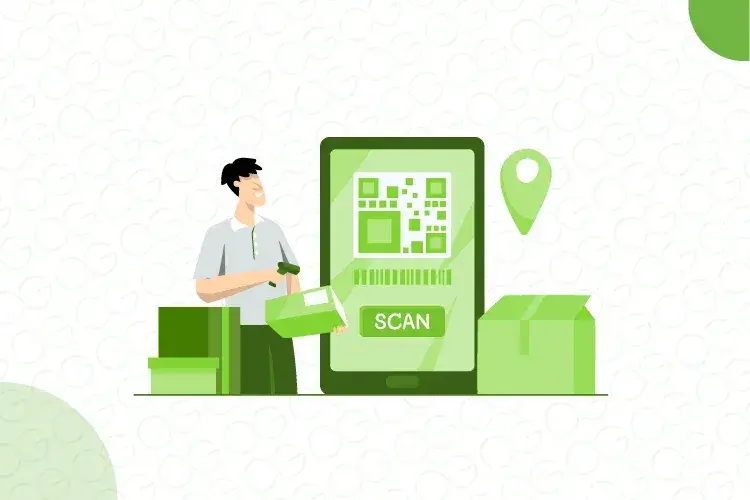Why SMEs need regular ERP Upgradation to Survive

In sectors like retail and lifestyle, efficient ERPs are increasingly becoming an integral aspect of operation. The main facet that governs the growth of the mid sized firms is the ability to adapt with changing market trends. It is imperative to say that the smaller firms have not the infrastructure or revenue to upgrade always. While the whole infrastructure overhaul can be intimidating, slackness in upgrading some basic aspects like ERP might be disastrous to the long term plan of any firm.
The modern retail industry is progressive in nature with mobility being a basic feature. It is increasingly becoming synchronized with cloud integrations, extended reach and ROI centred decision making.
The changing scenario of organized retail has put the smaller firms under duress. The need is to be flexible and interactive to market demands. Investing in modern ERP is thus a pivotal aspect of sustenance for SMEs. To understand the aspects which make ERP upgrades so important, we have to delve a bit deeper.
Recent studies suggest that 25% of SMEs are keen on investing on better ERP for their retail business and the trend can be attributed to the following reasons.
Reason #1 Optimized costing
Reducing cost is no more a challenge to the retailers/manufacturers. Rather, optimizing cost to fine tune quality and quantity has taken centre stage. Real time ERP information makes it easier for firms to make spontaneous moves and reduce operational costs to as much as 23% (Ref: Forrester Research)
Reason #2 Systematic Production Techniques
In current retail scenario, SMEs are increasingly getting dependent upon the relevant technologies. From complex order processing to enhancing operating efficiency, these technologies run optimized only when the resident ERP system is well equipped to integrate them in the system. On-time deliveries for SMEs can experience up to 24% increase with proper integration of latest technologies along with the resident ERP. It is imperative to say that this is a major factor for evaluating the functionality of the ERP from time to time.
Reason #3 Optimize growth
Exponential growth for a retail firm sounds tempting, but the picture is not likewise in reality. Mismanagement of data is a common factor when it comes to incessant data tide. One can only imagine the effect data misinterpretation can have on the long term attributes of the concerned firm. From growing firms around 28% of tech spending is thus aimed at fine tuning data management and most importantly to grow with business volume. This facet also necessitates one to evaluate the potential of the resident ERP to scale up according to business growth.
How is your current system performing? Is it in sync with your business aspirations?
Get an analysis of your current system from the experts: +91-9654551109
Get to know how your business can do better: www.ginesys.in



